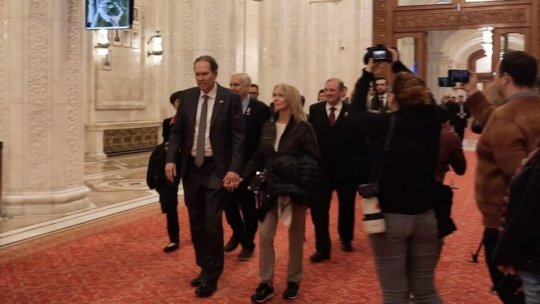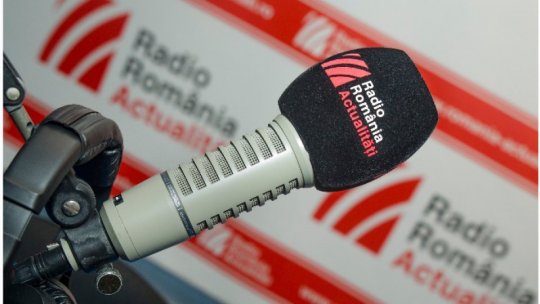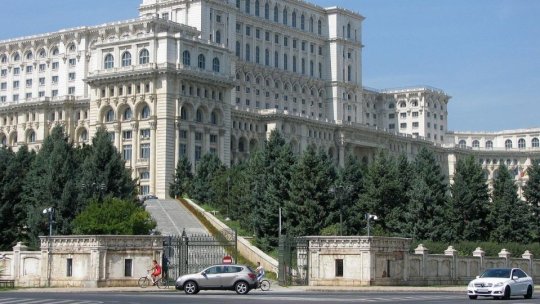Editorial Press Review November 5
Articles from Gândul, Adevărul and România Liberă.

Articol de Costi Dumăscu, 05 Noiembrie 2010, 20:09
"The Education Bill – tensions in the governing coalition – drafts of possible scenarios for the near future’ – these are the terms which sum up the leading articles in the central newspapers.
The current situation in the governing coalition is discussed in brief by Rodica Ciobanu in Gândul.
The journalist believes that the coalition will not break up, since "the Democratic Alliance of Hungarians in Romania (UDMR) is more interested in remaining in Power than joining the Opposition. UDMR will change sides only when they are sure that they have nothing more to gain within the coalition. However, UDMR have not yet lost hope that the Education Bill – 'which removes all restrictions on education in minority languages,' as they put it – will pass.'
"Without support from Hungarian MPs, the Boc government would have fallen a long time ago,' Rodica Ciobanu writes forwardly; "The Democratic Liberal Party (PDL) needs UDMR more than the other way around,' she concludes.
The Education Bill is discussed by Liviu Avram in his leading article in Adevărul. According to one of the articles of the Education Bill, Romanian language is to be taught as a foreign language in classes with children belonging to an ethnic minority. This article has drawn strong criticism on the part of the Opposition, an attitude which Liviu Avram disapproves of.
"To encourage the use of its official language among minorities, a state need not be powerful, but intelligent’, the journalist argues. "In order to achieve this, it needs to base its decisions on facts, not slogans. And it is known that when they first go to school, children coming from ethnic minorities – especially those coming from tight groups, such as the Hungarian minority – hardly know their mother tongue, let alone Romanian. Romanian really is a foreign language to them,' Liviu Avram continues, "and treating them at school as though they had learned Romanian at home is a huge set-back for them.
Similarly, Cristian Câmpeanu writes in România Liberă that UDMR are entitled to advocate the right of Hungarian children to study history and geography in their native tongue. Nevertheless, conditioning their stay in the coalition on the Education Bill in these times of crisis shows that the current coalition is made up of trivial, parish pump, limited to present interests and giving no evidence of political responsibility.
As to the other camp, Cristian Câmpeanu writes on, the Opposition, consisting of the Social Democratic Party (PSD), the National Liberal Party (PNL) and the moguls, stick to their "down with Băsescu’ strategy and don’t care much about the International Monetary Fund, the budget or anything else.
This is why, according to Cristian Câmpeanu, more and more voices speak of the need to find a "third way’ of getting out of the current political crisis. This "third way’, in the journalist’s opinion, is to be mapped out by the civil society. Civil society organizations have remarkable experts who, more often than not, know better than politicians what is to be done and who can design efficient campaigns and launch much-needed projects. Unfortunately, they address only politicians and decision-makers, not the people.
Translated by: Ruxandra Câmpeanu
MA Student, MTTLC, Bucharest









